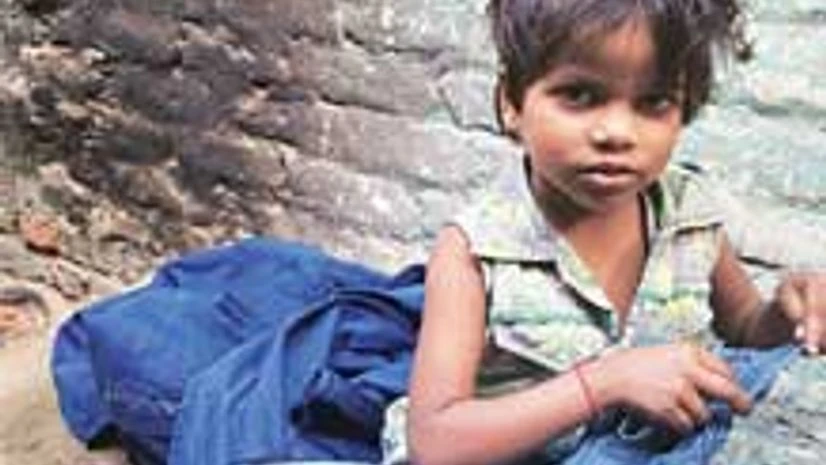The Juvenile Justice (Care and Protection of Children) Bill, 2014, was introduced in Parliament in August 2014 by Maneka Gandhi. It was passed by the Lok Sabha in May 2015 but is pending in the Rajya Sabha.
The Bill proposes some radical changes, the most critical providing for juveniles between 16 and 18 being tried as adults for heinous offences. The Centre for Child and the Law (CCL) believes this violates the constitutional guarantee of equality, the right to life and the UN Convention on the Rights of the Child.
Moreover, the proposed change is based on a flawed interpretation of data on heinous crimes. Among the 16-18 year age group, 844 murder cases were registered (1.2 per cent of overall murder cases) and 1,488 rapes (3.1 per cent of overall rapes). Experts argue this cannot be the basis for drastic changes to juvenile laws.
"While reading the figures on rape, it must also be borne in mind that the Protection of Children from Sexual Offences Act, 2012, raised the age of consent from 16 years to 18 years," Swagata Raha of CCL said. "This has meant all forms of consensual sexual activity among adolescents are also an offence. We find several cases of rape have been filed against boys by their girlfriends' families."
As many as 56 per cent of juveniles accused of crimes come from families with a maximum annual income of Rs 25,000, while 53 per cent are either illiterate or educated till primary school.

)
